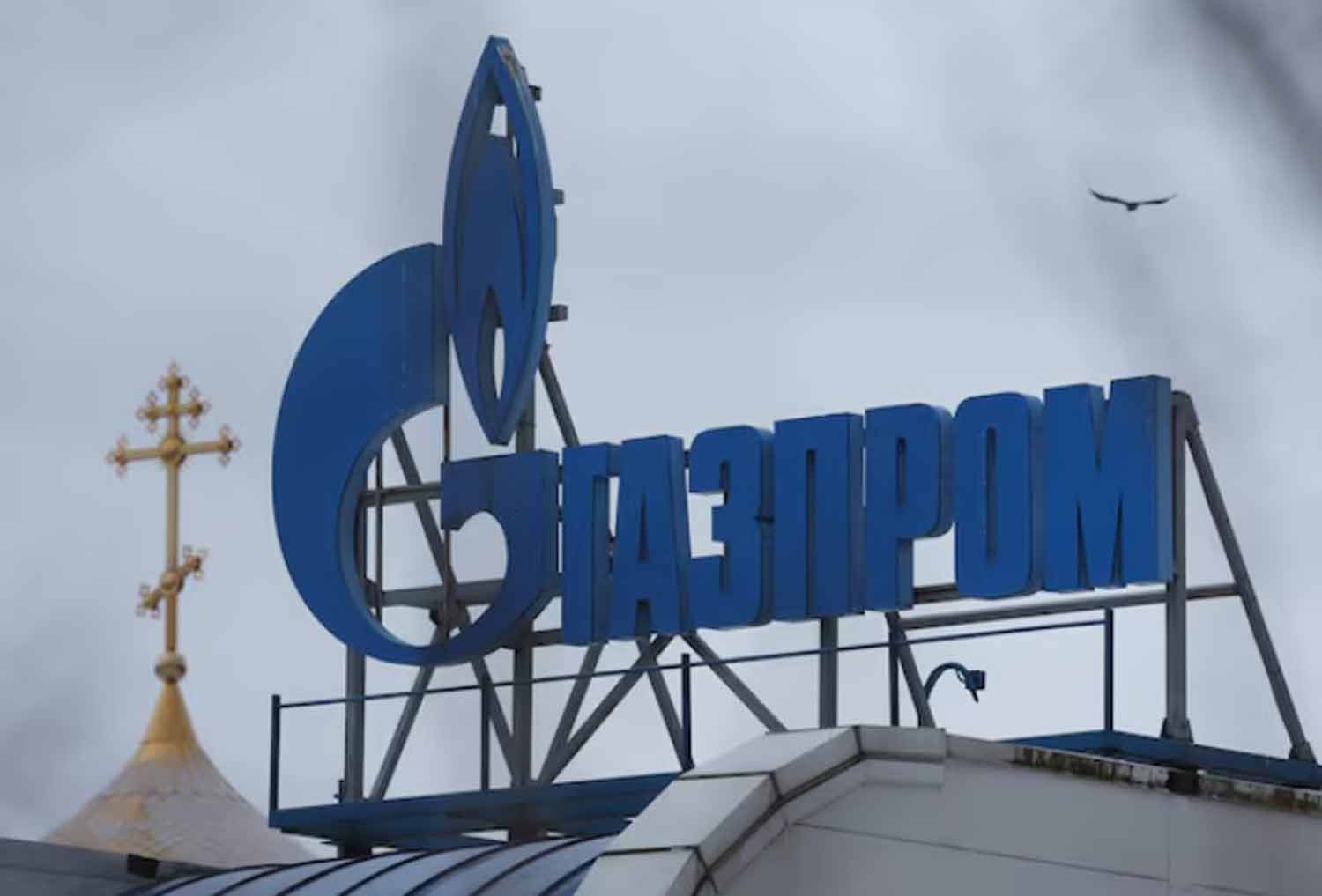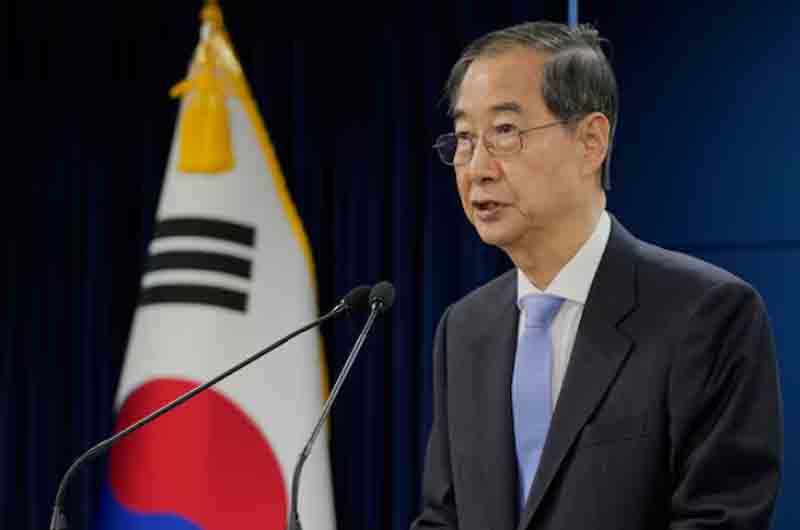More than three years following Russia‘s invasion of Ukraine, Europe’s energy security remains precarious. During the 2022-2023 energy crisis, U.S. liquefied natural gas played a crucial role in compensating for the loss of Russian supplies in Europe.
However, with President Donald Trump having disrupted long-standing post-World War Two relationships with Europe and using energy as a tool in trade discussions, businesses are increasingly concerned that dependence on the United States has become a new risk.
In this context, executives from major EU companies are beginning to express thoughts that would have seemed unimaginable just a year ago: the idea that importing some Russian gas, including from the state-owned giant Gazprom, might be beneficial. This would necessitate a significant policy reversal, as the European Union committed to phasing out Russian energy imports by 2027 following the invasion.
Europe’s options are limited. Negotiations with Qatar for additional gas supplies have stalled, and while the transition to renewable energy sources is progressing, it is not occurring swiftly enough to ensure the EU’s energy security. Didier Holleaux, executive vice-president at France’s Engie, mentioned in a Reuters interview that if a reasonable peace is achieved in Ukraine, gas flows could potentially return to 60 to 70 billion cubic meters annually, including LNG.
Engie, partly owned by the French state, was once one of Gazprom’s largest customers. Holleaux noted that Russia could meet about 20-25% of the EU’s energy needs, a decrease from 40% prior to the conflict. Patrick Pouyanne, CEO of French oil giant TotalEnergies, cautioned against Europe becoming overly dependent on U.S. gas. He emphasized the need for diversification, stating, “We need to diversify, many routes, not over-rely on one or two.” Total is a significant exporter of U.S. LNG and also markets Russian LNG from the private company Novatek. Pouyanne concluded, “Europe will never return to importing 150 billion cubic meters from Russia as it did before the war… but I would wager on maybe 70 bcm.”
GERMAN PIVOT
France, a major producer of nuclear energy, boasts one of the most varied energy portfolios in Europe. In contrast, Germany has been heavily dependent on affordable Russian gas to support its manufacturing sector until the onset of the Ukraine conflict, leaving it with limited alternatives.
At Leuna Chemical Park, one of Germany’s largest chemical hubs that includes facilities from Dow Chemical and Shell, some industry leaders are advocating for a swift return of Russian gas. Previously, Russia supplied 60% of the region’s gas needs, primarily through the Nord Stream pipeline, which was destroyed in 2022. “We are facing a significant crisis and cannot afford to wait,” stated Christof Guenther, managing director of InfraLeuna, the park’s operator. He noted that the German chemical sector has experienced job cuts for five consecutive quarters, a trend not seen in decades. “Reopening the pipelines would lower prices more effectively than any existing subsidy programs,” he emphasized. “It’s a sensitive issue,” Guenther remarked, adding that many of his peers share the sentiment of needing to revert to Russian gas. In the recent federal election, nearly a third of German voters supported parties favorable to Russia.
In Mecklenburg-Vorpommern, the eastern German region where the Nord Stream pipeline reaches land after traversing the Baltic Sea from Russia, a Forsa institute poll revealed that 49% of residents favor reinstating Russian gas supplies. “We require Russian gas; we need affordable energy, regardless of its source,” said Klaus Paur, managing director of Leuna-Harze, a mid-sized petrochemical company located in the Leuna Park. “We need Nord Stream 2 to manage our energy costs effectively.” The industry is urging the federal government to secure inexpensive energy, according to Daniel Keller, the economy minister for Brandenburg, which is home to the Schwedt refinery, co-owned by Russian oil company Rosneft but currently under German government oversight. “We could consider resuming the import or transport of Russian oil once peace is restored in Ukraine,” Keller stated.
TRUMP FACTOR
Last year, U.S. natural gas accounted for 16.7% of the European Union’s imports, trailing behind Norway at 33.6% and Russia at 18.8%.
With Ukraine halting pipeline operations, Russia’s share is expected to fall below 10% this year, with the remaining supply primarily coming from LNG produced by Novatek. The EU is gearing up to increase its purchases of U.S. LNG, as Trump advocates for Europe to reduce its trade surplus with the United States. “We will definitely require more LNG,” stated EU trade commissioner Maros Sefcovic last week.
The ongoing tariff conflict has heightened Europe’s apprehension regarding its dependence on U.S. gas, according to Tatiana Mitrova, a research fellow at Columbia University’s Centre on Global Energy Policy. “It is becoming more challenging to view U.S. LNG as a neutral commodity; it could potentially be used as a geopolitical instrument,” Mitrova remarked.
Should the trade tensions intensify, there is a slight possibility that the United States might restrict LNG exports, noted Arne Lohmann Rasmussen, chief analyst at Global Risk Management. A senior EU diplomat, who requested anonymity, concurred, suggesting that the use of such leverage cannot be dismissed.
If domestic gas prices in the U.S. rise due to increasing industrial and AI demands, the country might limit exports to all markets, warned Warren Patterson, head of commodities strategy at ING. In 2022, the EU established a non-binding target to eliminate Russian gas imports by 2027, but it has postponed the release of its plans on how to achieve this goal twice. An EU Commission spokesperson declined to comment on the remarks made by the companies.
ARBITRATION
Numerous companies from the EU have initiated arbitration proceedings against Gazprom due to the failure to deliver gas in the aftermath of the Ukraine conflict. Courts have awarded Germany’s Uniper and Austria’s OMV 14 billion euros and 230 million euros, respectively. Additionally, Germany’s RWE has filed a claim for 2 billion euros, while Engie and other companies have not revealed the amounts of their claims.
Engie’s Holleaux suggested that Ukraine might permit Russia to transport gas through its territory to facilitate arbitration payments, which could serve as a foundation for reestablishing contractual ties with Gazprom.
“You (Gazprom) wish to re-enter the market? That’s fine, but we will not enter into a new contract unless you settle the award,” Holleaux stated.
The prospect of Russian gas returning raises concerns for Maxim Timchenko, the CEO of DTEK, Ukraine’s private gas firm, which aims to import U.S. LNG into Ukraine’s storage facilities for export to Europe.
“As a Ukrainian, it’s difficult to comment, but I hope that European leaders have learned valuable lessons from their dealings with Russia,” Timchenko remarked.
Discover more from Defence Talks | Defense News Hub, Military Updates, Security Insights
Subscribe to get the latest posts sent to your email.





